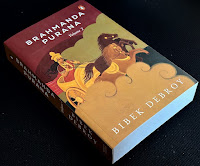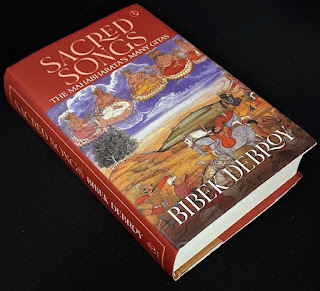Kurma Purana, (tr.) Bibek Debroy
The Kurma Purana, in its extant form, is one of the shorter Puranas in the corpus of Hindu smritis, and the late Bibek Debroy’s unabridged translation brings to the English language reader this delightful compendium of religious customs and accounts.
As a brief primer, within the pantheon of Hindu (or Sanatan) literature, the Puranas have the status of Smriti (the ‘remembered’ texts, as opposed to ‘Shruti’ texts, like the Vedas, that contain truths revealed to enlightened sages who ‘heard’ these through the powers of their penances). The Ramayana and Mahabharata fall under ‘Itihasa’, within the larger category of ‘Smriti’.
Despite the undeniable importance and popularity of the Puranas, with the exception of the Bhaagavat Purana, other Puranas have not seen as many unabridged translations in English. The size and scope of the translation itself can be daunting. Consider the Skanda Purana, which contains more than eighty-thousand verses⏤longer than the unabridged Critical Editions of the Mahabharata and Harivamsha combined! The Padma Purana, at 55,000 verses, is not much shorter. Only two unabridged English translations of the Kurma Purana have been published⏤by G.V. Tagare in 1981-82, and by Shanti Lal Nagar and K.L. Joshi in 2008. This is the third.



























